12,85 € El precio original era: 12,85 €.9,00 €El precio actual es: 9,00 €.
- Respuestas rápidas, servicio de primer nivel.
- Tener las mejores ofertas
- Transacciones seguras, siempre
- Satisfacción garantizada

Features
Type of wine
Crianza Red
Pairings
Game food, Stew and hotpots
Style
Fruity and juicy
Occasions
Dinner with Friends
Winery
Bodegas y Viñedos Artuke
Size
75 cl.
Country
Spain
Region
Rioja
Appellation
Rioja
Alcohol
14.0%
Grapes
Tempranillo, Graciano
Serving
Between 14ºC and 16ºC
Winemaking
Aged for 12 months in French and American oak barrels.
Description
The properties of Artuke’s Pies Negros wine are loyal to its centenary vines, composed of Tempranillo and Graciano. Made in the Rioja-Alavesa town of Baños de Ebro.
These vines are at least 60 years old, during which time the environment has been respected. The wine fully blends the young concentration between the rooted and the surrounding landscape.
Would you like to find out how it is prepared and how it tastes? Read on!
Winemaking
Its preparation consists of 15% Graciano and 85% Tempranillo; its grapes come from Ábalos, at the foot of the Sierra de Cantabria. The fruit is the protagonist, since its harvest is completely handpicked and also selected on the table.
The grapes are destemmed and stored in stainless steel tanks. Subsequently, it undergoes continuous punching down and maceration for 4 days.
It remains for 12 to 14 months in French oak barrels, is gently filtered and is not stabilized.
Flavor
It is a fresh and delicious wine. When you taste it you notice a completely fruity and spicy souvenir. The climatic conditions, influenced by Atlantic currents combined with calcareous soils, give this wine its freshness and character.
It is aromatic and in the mouth its great structure is appreciated, loaded with minerals as well as its grapes. Its acidity blends so well with the oak that it is barely perceptible.
An elegant and exquisite product
Pies Negros originates from Bodegas Artuke, which processes everything that comes from plots worked with prudence and professionalism attached to the traditional. The grapes are transported in 10 cm high baskets so that they are not damaged.
Its appellation is D.O. Ca. Rioja, and gastronomically it combines perfectly with beef and pork. It is juicy and the sensation when tasting it remains for a long period of time.
And you, have you already enjoyed a wine made in the traditional way? Tell us what you thought!
Description
The properties of Artuke’s Pies Negros wine are loyal to its centenary vines, composed of Tempranillo and Graciano. Made in the Rioja-Alavesa town of Baños de Ebro.
These vines are at least 60 years old, during which time the environment has been respected. The wine fully blends the young concentration between the rooted and the surrounding landscape.
Would you like to find out how it is prepared and how it tastes? Read on!
Winemaking
Its preparation consists of 15% Graciano and 85% Tempranillo; its grapes come from Ábalos, at the foot of the Sierra de Cantabria. The fruit is the protagonist, since its harvest is completely handpicked and also selected on the table.
The grapes are destemmed and stored in stainless steel tanks. Subsequently, it undergoes continuous punching down and maceration for 4 days.
It remains for 12 to 14 months in French oak barrels, is gently filtered and is not stabilized.
Flavor
It is a fresh and delicious wine. When you taste it you notice a completely fruity and spicy souvenir. The climatic conditions, influenced by Atlantic currents combined with calcareous soils, give this wine its freshness and character.
It is aromatic and in the mouth its great structure is appreciated, loaded with minerals as well as its grapes. Its acidity blends so well with the oak that it is barely perceptible.
An elegant and exquisite product
Pies Negros originates from Bodegas Artuke, which processes everything that comes from plots worked with prudence and professionalism attached to the traditional. The grapes are transported in 10 cm high baskets so that they are not damaged.
Its appellation is D.O. Ca. Rioja, and gastronomically it combines perfectly with beef and pork. It is juicy and the sensation when tasting it remains for a long period of time.
And you, have you already enjoyed a wine made in the traditional way? Tell us what you thought!
Sé el primero en valorar “Pies Negros 2021” Cancelar la respuesta
Productos relacionados
Crianza Red
Crianza Red
Crianza Red
Crianza Red
Crianza Red
Crianza Red
Crianza Red
Crianza Red

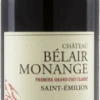
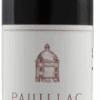

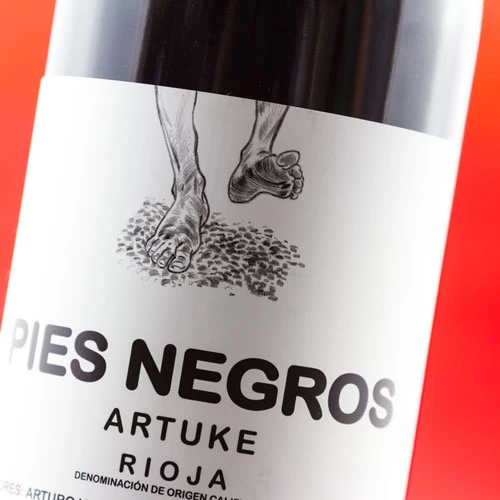
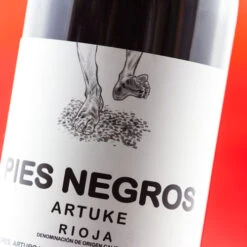

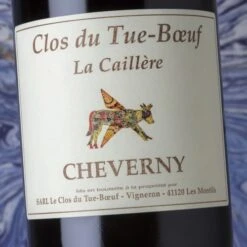

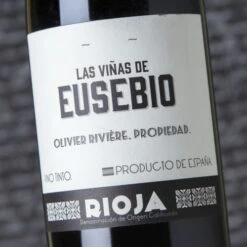



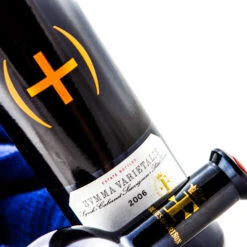







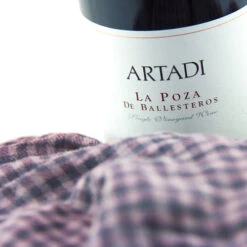
Valoraciones
No hay valoraciones aún.